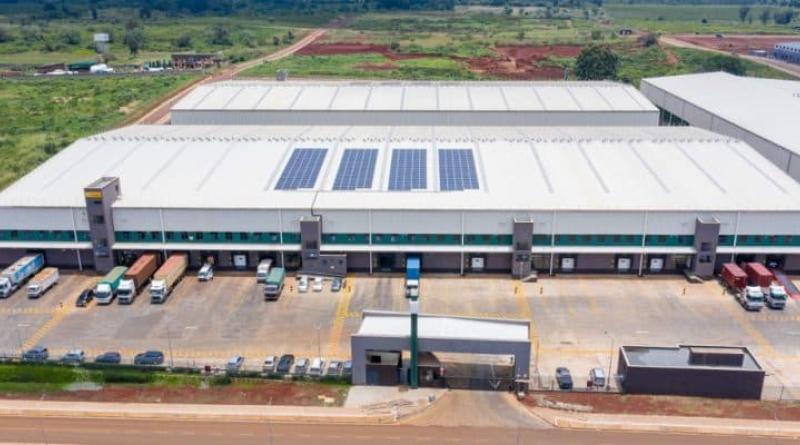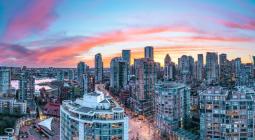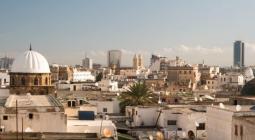While the civil engineering sector generates 37% of energy-related carbon dioxide (CO2) emissions according to the United Nations Environment Programme (UNEP), the Nairobi, Kenya-based real estate company Africa Logistics Properties (ALP) is partnering with the International Finance Corporation (IFC). The goal is to popularize the World Bank Group's Edge certification among green building developers in the city of Nairobi.
Most buildings in Kenya will soon be environmentally friendly. That is the goal of Africa Logistics Properties (ALP) and the International Finance Corporation (IFC), which recently entered into a partnership in Nairobi. The subsidiary of the World Bank Group in charge of financing the private sector intends to popularize its “Edge” certification (Excellence in Design for Greater Efficiencies) among building developers in the Kenyan capital.
The initiative aims to develop green building in this East African country affected by the effects of climate change. In concrete terms, this IFC certification will help limit the environmental impact of the buildings through the reduction of direct energy consumption, water consumption through the installation of low-flow faucets or the implementation of wastewater management systems, and the consumption of embodied energy in the building materials.
“Both parties will work together to help transition the real estate sector to a low carbon dioxide (CO2) and resource efficient path. To achieve this, we will conduct training on the principles and applications of the software, standards and certification system. At the same time, ALP will promote sustainable design and construction practices within the industry,” says IFC.
Developing green building
The financial institution, represented in Kenya by Amena Arif, chose ALP because it has already obtained Edge certification for its 50,000 square meter “ALP North” project in the Tatu City Special Economic Zone. It is an industrial park with artificial intelligence (presence sensors in the bathrooms), solar photovoltaic panels, green spaces, and automatic aerators and faucets in the bathrooms.
Read also-KENYA: How green buildings save $5 million on energy consumption
Green building is increasingly attracting the attention of the Kenyan government, which in early 2023 established the Department of State for Environment and Climate Change with the mission of “accelerating a sustainable real estate transition,” among other things. According to IFC estimates, 22 green infrastructures covering 374,334 m2 save at least $5 million (585 million Kenyan shillings) annually on electricity bills for public buildings due to 20% less energy consumption compared to conventional buildings.
Benoit-Ivan Wansi





